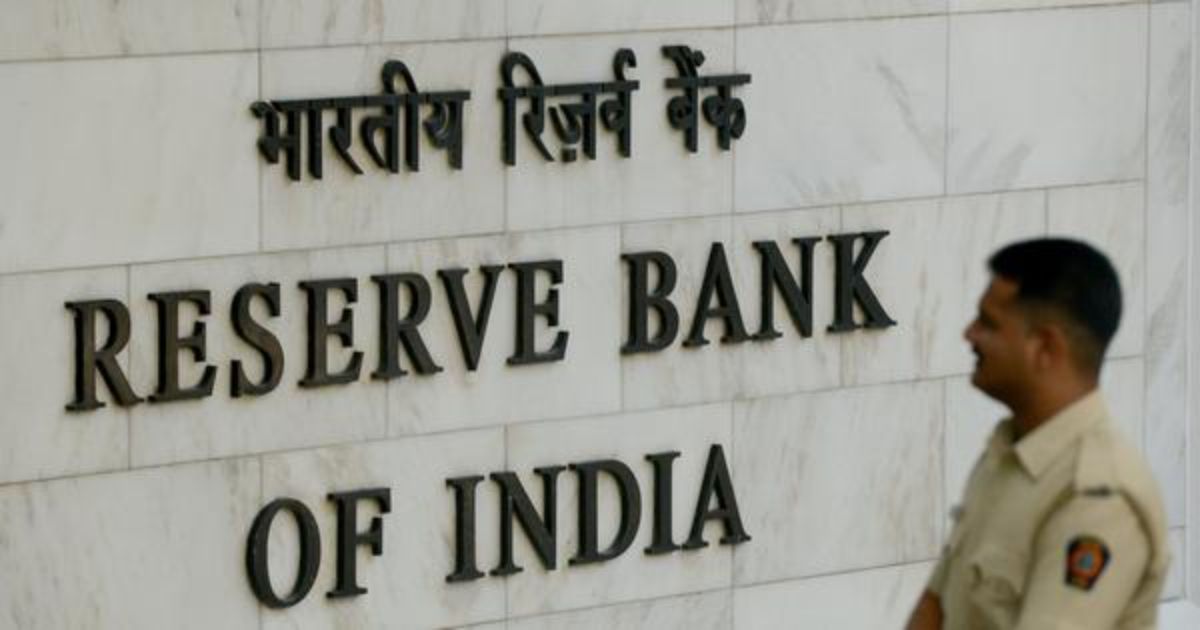The Reserve Bank of India (RBI) has imposed an unprecedented number of penalties on cooperative banks during the financial year 2024–25, signaling deepening concerns over governance and compliance within this critical segment of India’s banking ecosystem.
As per the RBI’s recently released Annual Report, cooperative banks accounted for 264 enforcement actions—the highest among all categories of regulated entities. The cumulative financial penalty levied on these institutions stood at ₹15.63 crore, surpassing all other banking groups, with the sole exception of private sector banks which faced ₹14.80 crore in fines across just 15 cases.
By contrast, public sector banks were penalized only eight times, incurring ₹11.11 crore in fines. Foreign banks, regional rural banks, non-banking financial companies (NBFCs), and housing finance companies (HFCs) saw markedly fewer enforcement actions, suggesting a relatively higher level of compliance in those segments or a different supervisory approach.
Key Lapses: KYC, AML, and Governance Failures
The RBI’s stringent action against cooperative banks primarily stems from multiple compliance failures, including violations of prudential norms, Know Your Customer (KYC) regulations, Anti-Money Laundering (AML) provisions, and deficiencies in customer service.
A senior compliance expert noted that many cooperative banks, especially those operating in urban and semi-urban areas, often lag behind in deploying robust risk management and internal audit mechanisms. This leaves them vulnerable to regulatory lapses, intentional or otherwise.
The RBI’s crackdown also aligns with its broader objective of enhancing the resilience of financial institutions in the wake of persistent governance issues and instances of mismanagement in certain cooperative banks. In the past, major failures like the Punjab and Maharashtra Cooperative (PMC) Bank collapse prompted the central bank to tighten supervision and penalize non-compliance more aggressively.
Urban Cooperative Banks Under the Scanner
An important trend in the report is the disproportionate share of penalties on urban cooperative banks (UCBs) as compared to their rural counterparts—namely, State Cooperative Banks (StCBs) and District Central Cooperative Banks (DCCBs).
Urban cooperative banks, which serve large customer bases in cities and towns, have seen increasing operational complexity but have not always matched it with corresponding improvements in governance, technology adoption, and regulatory compliance.
Given their role in financial inclusion and last-mile banking, especially among the middle- and lower-income population in urban centers, the RBI’s action aims to send a strong message: financial institutions, regardless of size or legacy, must uphold strict governance and compliance standards.
Looking Ahead: Strengthening Cooperative Banking
The RBI’s approach underscores a growing intolerance for regulatory failures and its intention to reform the cooperative banking space, which has historically been plagued by weak oversight and political interference.
The central bank has also been pushing for the consolidation of cooperative banks, better capital adequacy, and improved technology infrastructure to bring these institutions at par with their commercial banking peers.
While penalties alone cannot solve the structural issues facing cooperative banks, they serve as a critical enforcement tool to enforce discipline and promote transparency. For customers and stakeholders alike, the message is clear: compliance is no longer optional, and accountability is paramount.


